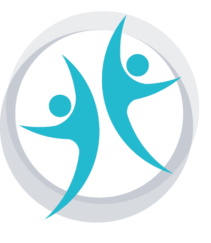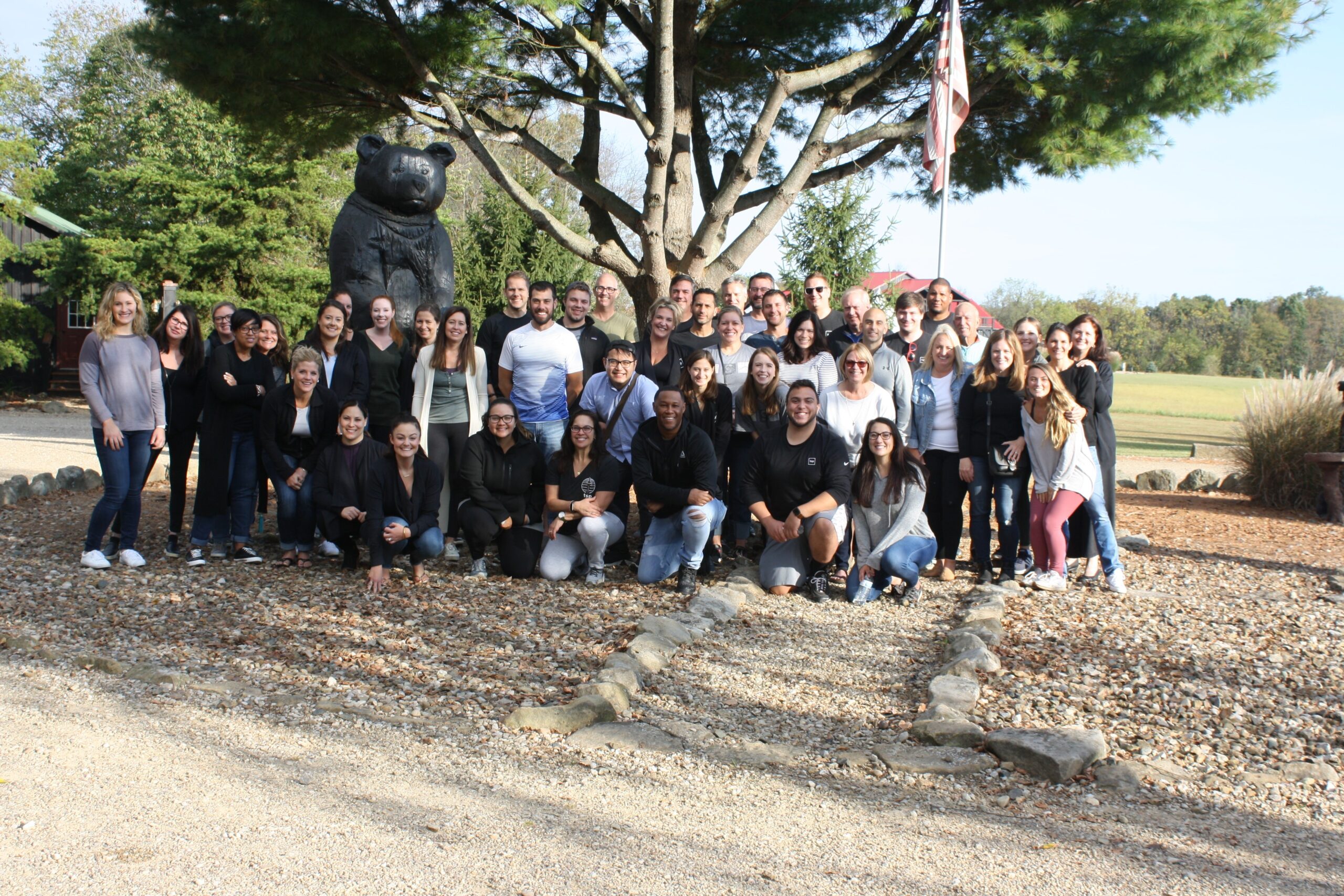At TSP, learning isn’t just a phase in life; it’s an ongoing adventure. Picture this: you’re embarking on a journey, each step bringing new insights, fresh perspectives, and a deeper understanding of the world around you. That’s what learning should feel like—a continuous, exciting exploration.
Let me take you on a little trip down memory lane. Remember the first time you mastered a new skill or picked up a hobby you loved? That spark of curiosity, the thrill of discovery, and the satisfaction of achievement? Imagine carrying that feeling with you throughout your life, regardless of age. That’s the essence of lifelong learning.
For me, this journey of continuous learning has been incredibly fulfilling. I didn’t just stop learning after school or college; I made it a part of my daily life. Whether earning new certifications to stay ahead in my career or diving into new personal interests, I find purpose and joy in continuous learning. Staying curious and open to new experiences can transform your career and your entire outlook on life.
An example of my commitment to lifelong learning is when I received my Certified Diversity and Inclusion Recruiter (CDR) late last year. I pursued this certification to broaden my sourcing and recruiting skills, ensuring I can attract the best talent for my clients. This personal practice enhanced my professional capabilities and deepened my understanding of diversity and inclusion, making me more effective and empathetic.
It’s key to remember that we’re not just talking about professional development—though that’s a big part. Yes, obtaining new certifications and updating your skills can make you more competitive and open doors to new opportunities. But it’s also about personal growth. It’s about feeding your intellectual curiosity, boosting your confidence, and achieving a sense of fulfillment beyond the workplace. This growth doesn’t just change how you see your job; it changes how you see the world and interact with the people around you.
One of the most rewarding aspects of continuous learning is how it empowers you to adapt. In our fast-paced world, where technology and knowledge are constantly evolving, the ability to learn and grow is more crucial than ever. By staying engaged in the learning process, you’re better equipped to navigate changes, stay competitive, and advance your career.
Think of it this way: being a lifelong learner means you’re always ready to explore new horizons. It’s about nurturing that sense of curiosity and keeping an open mind. It’s about being brave enough to step into the unknown, embrace new experiences, and learn from them—no matter how uncomfortable they might be initially. It’s about constantly seeking knowledge through books, podcasts, mentorship, or simply asking questions.
At TSP, we embody this spirit of continuous learning. We’re not just a team of professionals; we’re a community of lifelong learners. Our commitment to learning is reflected in everything we do, from our internal culture to how we support our clients. Fostering a learning culture can help everyone achieve their fullest potential.
So, let’s embrace this journey together. Let’s be curious, open, and committed to growing every day. Because when we make education an everlasting pursuit, we don’t just enrich our lives—we inspire those around us to do the same. At TSP, we’re proud to lead by example, showing that the adventure of learning never truly ends.
Here are some practical ways to incorporate continuous learning into your daily routine:
- Read Regularly: Read books, articles, or blogs related to your interests or industry daily. Reading broadens your knowledge base, whether physical books, e-books, or audiobooks.
- Listen to Podcasts: Podcasts are a great way to learn while commuting, exercising, or doing household chores. Find podcasts on topics you’re curious about and listen during downtime.
- Online Courses and Webinars: Sign up for online courses or webinars. Platforms like Coursera, edX, and Khan Academy offer various subjects. Allocate time to complete modules or attend live webinars.
- Document Your Learning: Keep a learning journal or digital notes. Write down key takeaways from what you’ve read or learned.
Reflect on how you can apply these insights.
- Learn from Others: Converse with colleagues, mentors, or experts. Attend conferences, workshops, or networking events. Learning from others’ experiences is invaluable.
- Set Learning Goals: Define specific learning goals for the week or month and break them down into manageable tasks.
Regularly review your progress.
- Explore New Hobbies: Learning doesn’t have to be work-related. Pick up a new hobby—playing an instrument, cooking, gardening, or painting. It keeps your mind active.
- Watch Educational Videos: Platforms like YouTube, TED Talks, and educational channels provide informative videos. Watch short talks or tutorials during breaks.
- Stay Curious: Ask questions, explore unfamiliar topics, and seek answers. Curiosity fuels continuous learning.
- Learn a New Language: Challenge yourself by learning a new language. Use language apps or take classes.
Remember, consistency matters. Even dedicating 15-30 minutes daily can make a significant difference over time. Happy learning!




